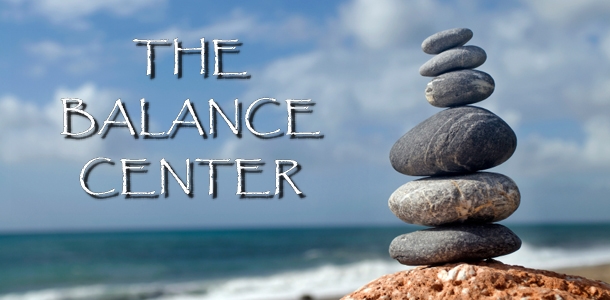How to combat your feelings of fatigue!
- 17
- November
- 2020
We’re wondering, how are you doing with all that’s going on in your life? Are you feeling tired? We’re not talking about the tired you feel if you stayed up late or had a restless night. We’re talking about being tired of the uncertainties caused by the pandemic, social and political unrest, etc. Those things can cause fatigue!
Recently we talked with a dear friend about the fact that so many people are feeling tired now. She shared a term that’s being used a lot lately to describe that tired feeling. That term is “caution fatigue”. She said people are tired of having to be so cautious and feeling anxious and on-edge all the time. We agree!
The feelings of being continually cautious can be problematic. One problem is that this virus is something we, and the scientists, haven’t dealt with in recent history. Also, the cautionary recommendations we receive from experts vary. Besides having caution fatigue about how to protect ourselves from the virus, there’s fatigue over the changing recommendations and what precautionary measures to take. We hear that a vaccine should be coming soon and that gives us hope. What we realize is that patience is greatly needed at this time as we work toward solutions.
Besides caution fatigue, there’s another type of fatigue that is prevalent now. This fatigue is called compassion fatigue. It’s a serious condition that results from caring for others and not taking enough time to care for yourself. As Jack Kornfield says, “If your compassion does not include yourself, it is incomplete.” Compassion fatigue sometimes can result in total exhaustion and take a significant time for recovery.
People on the frontlines with health and safety can develop this condition when their responsibilities and concerns don’t allow them sufficient time to rest and renew. Some of the people that can easily get caught in this predicament are healthcare workers, police, and fire fighters. We worry about our wonderful daughter-in-law who works extended shifts in ICU with COVID patients.
There are also people who keep us stocked with goods and services. These people include truck drivers, grocery store workers, delivery people and so many others. They often face understaffed situations and are overworked. Maybe you are on your own “frontlines” caring for people at home. You, and the others we mentioned, run the risk of developing compassion fatigue. We are grateful for all who care for others.
We’ve talked about caution fatigue and compassion fatigue. What, if anything, can be done about it? Here are some ways to avoid these conditions or help alleviate them.
Take exquisite care. This means taking very good care of yourself. Of course, check with your doctor to make sure there’s nothing physically wrong contributing to your tiredness. Taking care of yourself might seem like pampering but know that it may help you feel better. Because the things that would help you most are only known to you – you have to decide what feels good. Try some things to see if they change your mood and improve energy level. Some things that could help are stretching, massage, meditation or hobbies. Time away from the situation you are facing can help you feel rested and less stressed.
Learn to receive. It’s often difficult for “givers” and independent people to receive and not feel guilty. If this is you, try accepting help graciously. Delegate what you can delegate instead of doing it all yourself. If you need help, ask, and you’ll find friends, family and professionals wiling to be there for you. You are not alone!
Adopt a positive mindset. We recognize that a positive mindset is not always easy to do, especially when negative things are happening. When we can’t change the situation, we can change how we look at it. A positive mindset helps. It’s important that we recognize what’s in our control and what we don’t have control over. We have a choice. We can catastrophize by looking at how things can get worse or we can look at how the future can get better. You know which thought process will help you feel better.
How about you? What are you doing to help with feelings of fatigue? We hope our suggestions will be helpful. Christopher Germer says, “Self-compassion is simply giving the same kindness to ourselves that we would give to others.” As you combat your feelings of fatigue, you’ll feel your energy and joy of life returning.
Chanhassen MN residents, Doug and Lynn Nodland are success coaches and owners of The Balance Center in Excelsior. Contact them at WeCare@TheBalanceCenter.com© Doug and Lynn Nodland 2020 Articles and videos may be shared in their entirety with attribution.
Search:
Categories
Archives
- April 2024
- March 2024
- February 2024
- January 2024
- December 2023
- November 2023
- October 2023
- September 2023
- August 2023
- July 2023
- June 2023
- May 2023
- April 2023
- March 2023
- May 2021
- April 2021
- March 2021
- February 2021
- January 2021
- December 2020
- November 2020
- October 2020
- September 2020
- August 2020
- July 2020
- June 2020
- May 2020
- April 2020
- March 2020
- February 2020
- January 2020
- December 2019
- November 2019
Contact Us
Doug Nodland J.D.
684 Excelsior Boulevard
Suite 120
Excelsior, MN 55331
952-452-2664
WeCare@TheBalanceCenter.com

